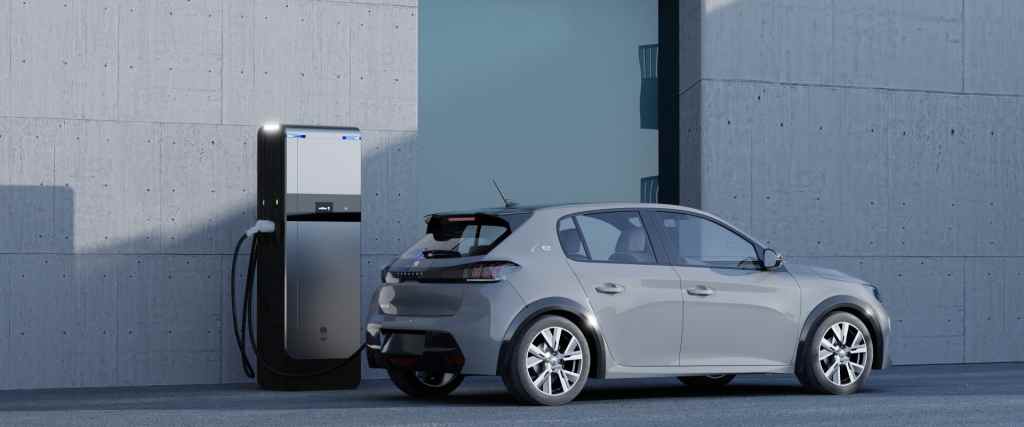The University of California, in collaboration with Dartmouth College, has presented a study that brings to the table the reality that large manufacturers have forgotten in their commitment to the electric car: Public charging networks.
According to the study, the electric car will face many problems while becoming a massive alternative globally if a wide public charging network is not developed beforehand.
This report further indicates that traditional manufacturers have created an increasingly competitive electric car offering but have essentially ignored these multi-million dollar plans’ charging network side.
In markets such as the United States, it is estimated that there are a total of 4,000 public fast recharging points in operation, and most of them correspond to Tesla Supercharger stations.
This is where we find one of the main examples of the different way of approaching the market, with Tesla who has invested and invests huge amounts of money in expanding its network of Superchargers, while the rest of the groups collectively mobilize some 200 million dollars to design and manufacture their electric cars. Still, only a fraction of that amount is spent on expanding charging networks.
Those responsible for the study, just by allocating a few more billions of these gigantic budgets to public recharging, could minimize the problem and offer a more attractive framework for customers.
They compare this situation with that of the smartphone market, where without a good data network, it would make these phones much less useful and exciting outside the home.
And if we review the budgets that the different groups will allocate to their electric car program, we can get an idea of how unbalanced the investment is. For example, the 86 million dollars that the Volkswagen Group will spend until 2025, the 85 million from Daimler, or the 27 million from General Motors.
Private operators do not invest because there are no cars, and there are no cars because there are no recharging points. A situation that will directly harm manufacturers who will spend vast amounts of money developing their vehicles will now have problems selling them in a high volume due to not having a minimal public recharging network.
An aspect that administrations should also take note of is to speed up or accelerate the installation and bureaucratic processes to facilitate greater agility in the start-up of these infrastructures.

